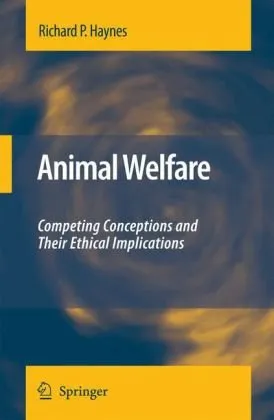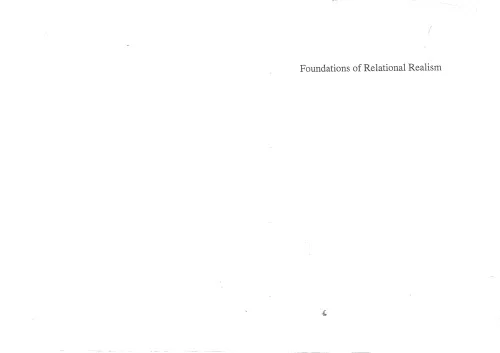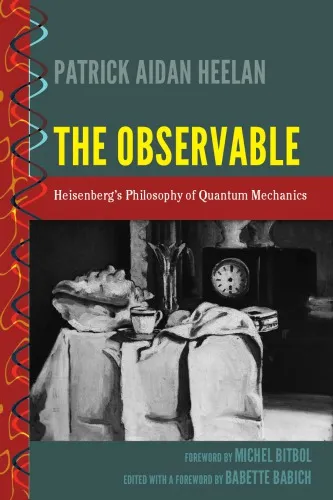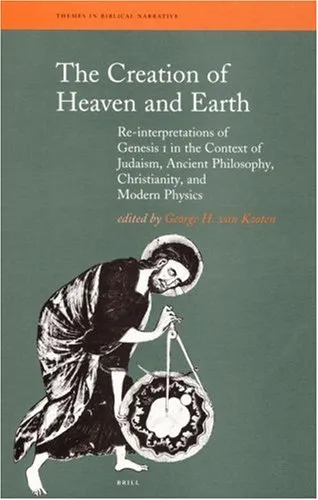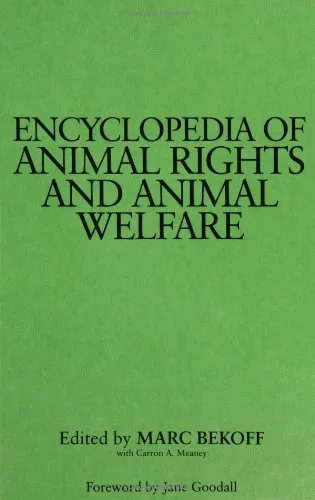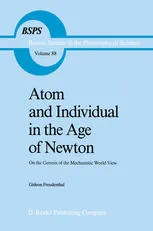Animal Welfare: Competing Conceptions And Their Ethical Implications
4.3
Reviews from our users

You Can Ask your questions from this book's AI after Login
Each download or ask from book AI costs 2 points. To earn more free points, please visit the Points Guide Page and complete some valuable actions.Related Refrences:
Introduction
Welcome to a comprehensive exploration of animal welfare through the lens of ethical philosophy. In "Animal Welfare: Competing Conceptions And Their Ethical Implications," Richard P. Haynes delves into the often complex and multifaceted discussions surrounding the notion of animal welfare. As humanity grapples with the ethical implications of its treatment of non-human animals, this book serves as a pivotal resource for understanding the various conceptions and their consequences.
Detailed Summary of the Book
"Animal Welfare: Competing Conceptions And Their Ethical Implications" offers an in-depth examination of different philosophical perspectives on what constitutes the welfare of animals. Richard P. Haynes brings together a range of viewpoints, from utilitarian approaches to rights-based theories, each offering a unique lens through which the well-being of animals can be assessed. The book also discusses the implications of these theories in practical scenarios, examining how different welfare standards can lead to varying outcomes for animals in agriculture, research, and domestic settings.
With detailed case studies and ethical reflections, Haynes encourages readers to consider not only the plight of animals under human care but also the moral responsibilities that accompany human-animal interactions. He scrutinizes how societal norms, scientific advancements, and ethical philosophies interplay in shaping policies and attitudes towards animal welfare.
Key Takeaways
- Understanding animal welfare requires exploring multiple ethical frameworks, each with its emphasis and implications.
- Utilitarian approaches focus on minimizing pain and maximizing pleasure for animals, often leading to complex moral calculations.
- Rights-based theories argue for intrinsic rights of animals, similar to human rights, influencing laws and ethical policies.
- Real-world applications of animal welfare theories highlight the discrepancies between ethical ideals and practice.
- The book calls for a holistic approach that considers the ethical, scientific, and social dimensions of animal welfare.
Famous Quotes from the Book
"True animal welfare requires more than a passive commitment; it demands an active participation in both understanding and implementing ethical responsibilities."
"The measure of any society can be seen in how it treats its most vulnerable members, and animals are no exception."
Why This Book Matters
In a world increasingly aware of the interdependence between humans and animals, "Animal Welfare: Competing Conceptions And Their Ethical Implications" stands as a vital contribution to ethical discourse. It is not only for philosophers and ethicists but also for lawmakers, activists, veterinarians, and anyone involved in the care, treatment, or policy-making regarding animals. By presenting thorough and balanced examinations of competing theories, the book encourages informed debate and decision-making that can lead to more compassionate and ethically sound practices. As society continues to evolve, the insights provided by Haynes offer a crucial foundation for both current and future considerations of how we meet the welfare needs of animals in diverse contexts.
Free Direct Download
You Can Download this book after Login
Accessing books through legal platforms and public libraries not only supports the rights of authors and publishers but also contributes to the sustainability of reading culture. Before downloading, please take a moment to consider these options.
Find this book on other platforms:
WorldCat helps you find books in libraries worldwide.
See ratings, reviews, and discussions on Goodreads.
Find and buy rare or used books on AbeBooks.
1273
بازدید4.3
امتیاز0
نظر98%
رضایتReviews:
4.3
Based on 0 users review
Questions & Answers
Ask questions about this book or help others by answering
No questions yet. Be the first to ask!
